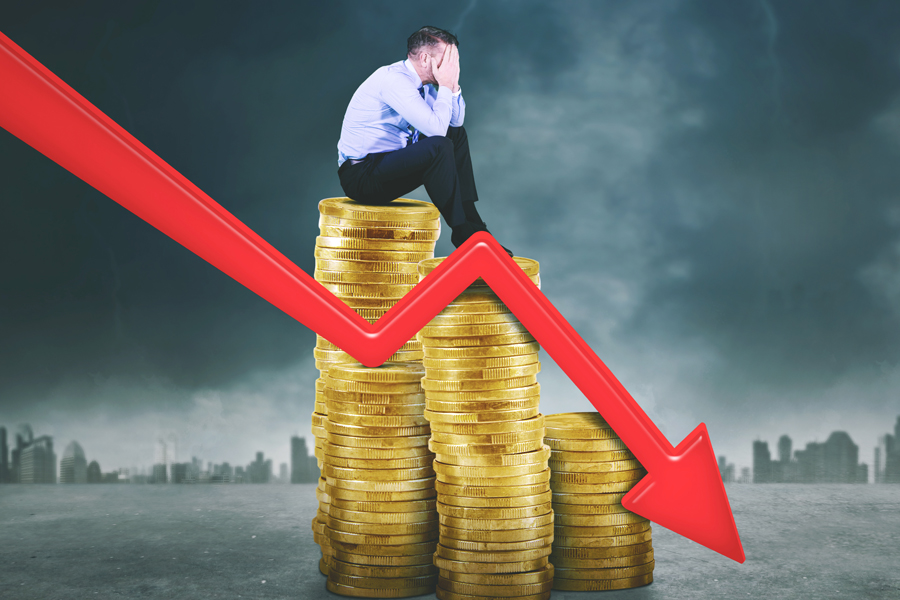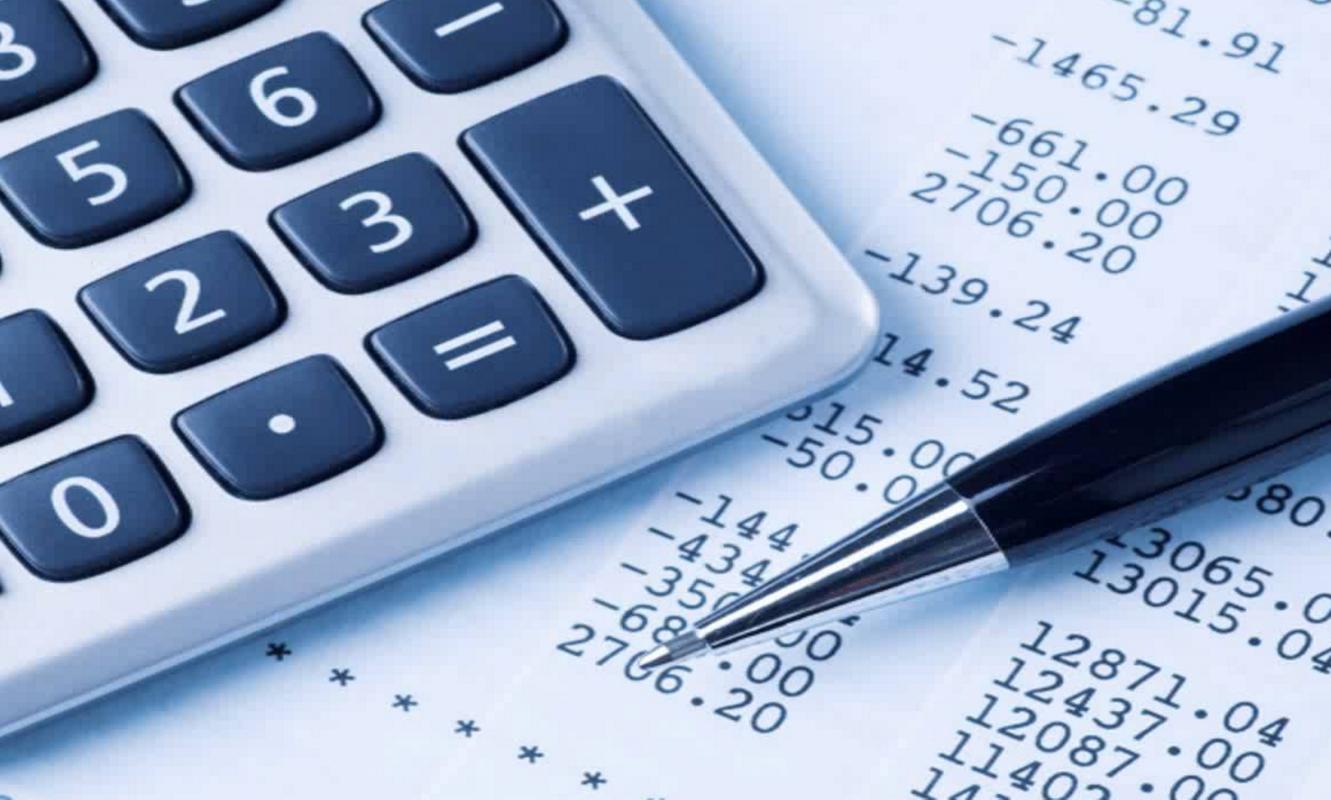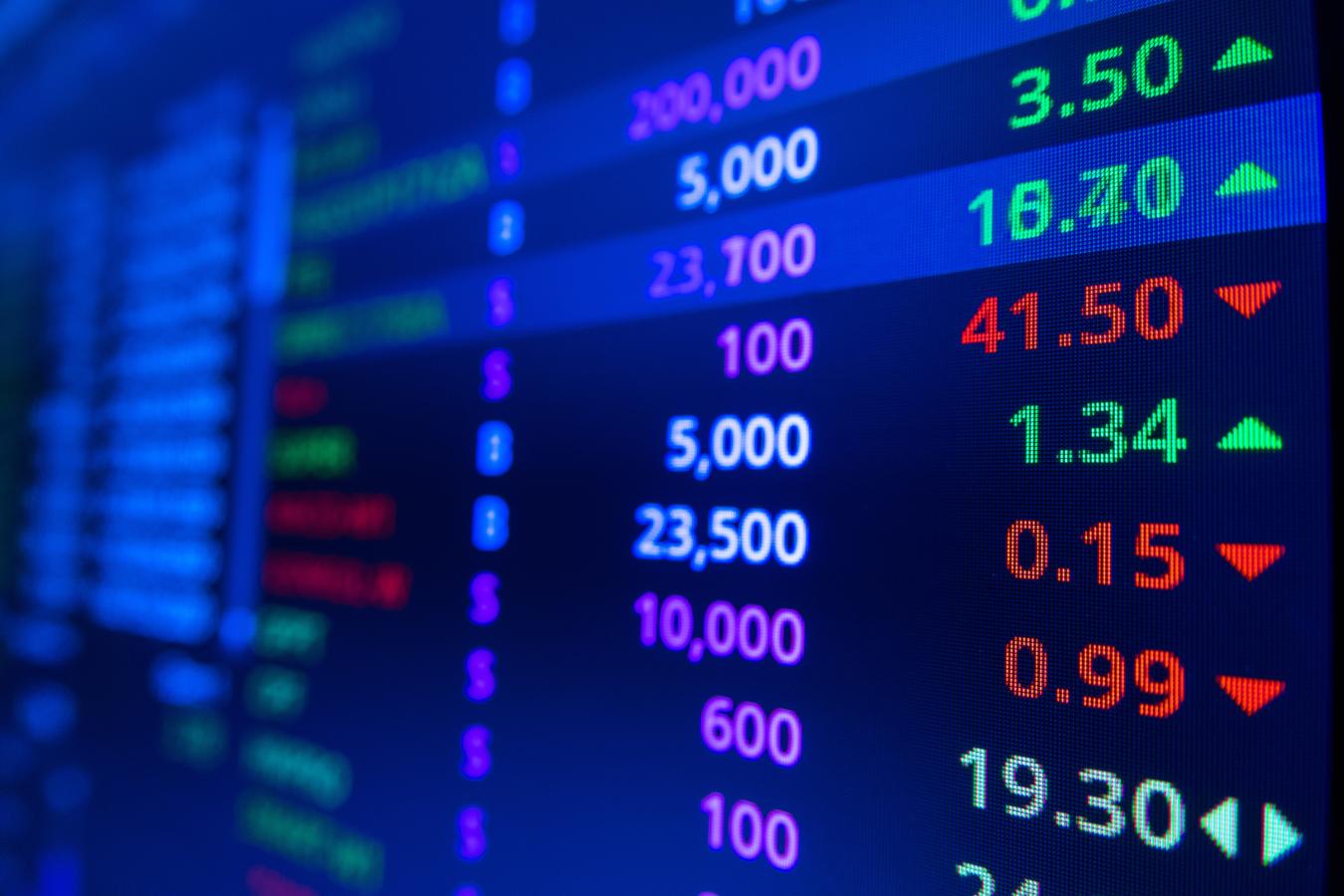What is Deflation? What Are Its Economic Consequences?

Economic Consequences of Deflation
Decrease in Consumer Spending
When prices are expected to continue falling, consumers may delay their purchases. People tend to postpone shopping with the expectation that prices will drop further in the future.
Increase in the Real Value of Debt
During deflation, the value of money increases, which means the real value of debt also increases. This situation increases the financial burden on individuals and companies with debt.
Reduction in Investments
Companies may be reluctant to invest due to the expectation of falling prices and reduced demand. This leads to a slowdown in economic growth and a rise in unemployment rates.
Unemployment
Decreased demand and investments may force companies to reduce costs by laying off employees. This contributes to an increase in unemployment.
Economic Stagnation
Deflation can lead to general economic stagnation. Decreased consumer spending and investments slow down economic growth, potentially leading to a period of economic stagnation or recession.
Central Bank Interventions
Central banks often use monetary policy tools to control deflation. Measures such as lowering interest rates and increasing the money supply are employed to combat deflation.
Deflation is generally considered a negative condition due to its slowing effects on economic activity. Economic policymakers take various measures to mitigate the adverse effects of deflation and ensure price stability.






